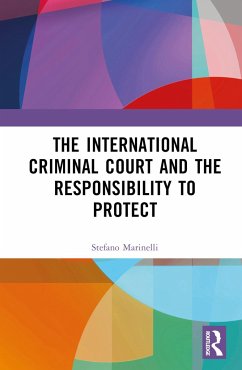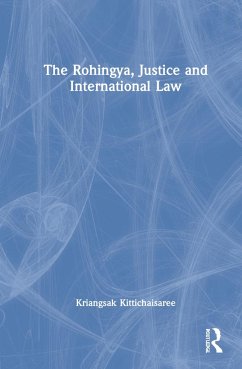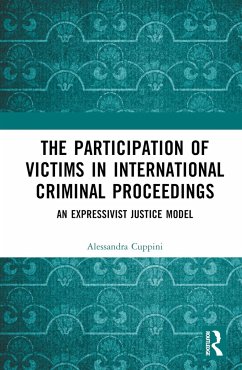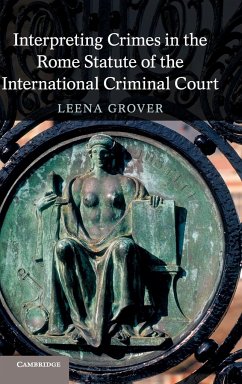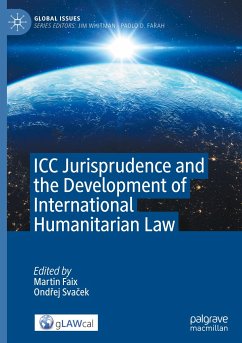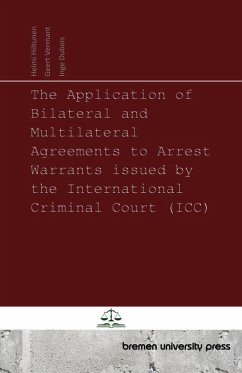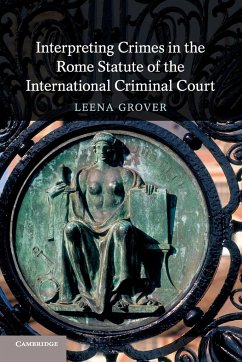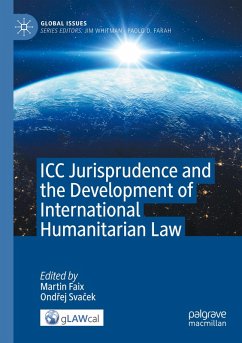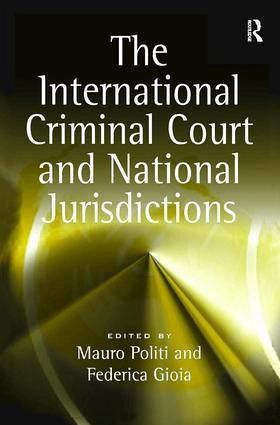
The International Criminal Court and National Jurisdictions
Versandkostenfrei!
Versandfertig in 1-2 Wochen
177,99 €
inkl. MwSt.
Weitere Ausgaben:

PAYBACK Punkte
89 °P sammeln!
At a stage in its development when the workings of the International Criminal Court may be assessed, this timely volume provides valuable insights into its activities and, in particular, its interaction with national jurisdictions and international organizations. The contributors discuss a broad range of topics and present a 'first assessment' of complementarity. They address the issues at the heart of the substantive and procedural law of the Court and examine aspects relating to national implementation and international cooperation. These proceedings are the latest addition to the Trento Con...
At a stage in its development when the workings of the International Criminal Court may be assessed, this timely volume provides valuable insights into its activities and, in particular, its interaction with national jurisdictions and international organizations. The contributors discuss a broad range of topics and present a 'first assessment' of complementarity. They address the issues at the heart of the substantive and procedural law of the Court and examine aspects relating to national implementation and international cooperation. These proceedings are the latest addition to the Trento Conference series, bringing together a wide range of leading scholars, diplomats and representatives of international organizations. As such, they provide an important contribution to the ongoing debate surrounding International Criminal Law and the International Criminal Court in particular. This thought-provoking study will be of value to researchers and policy makers alike.





